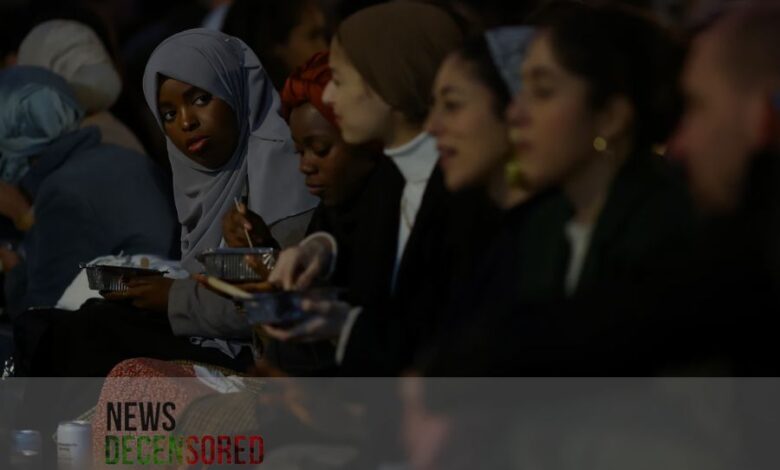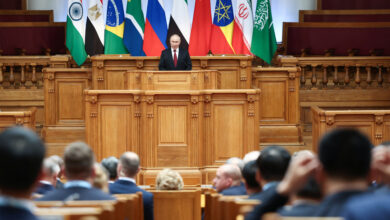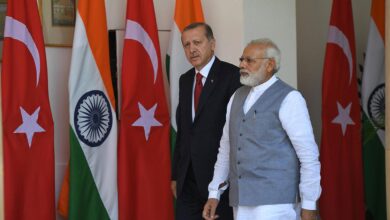Extremism Concerns Over Free Speech and Islamophobia in UK’s Redefined Framework that targets civil rights of Muslims

The United Kingdom is amid a heated debate surrounding the government’s new definition of “extremism.” Introduced as a measure to address rising Islamophobia and anti-Semitism following Israel’s conflict with Gaza, the redefinition has sparked controversy across the political spectrum, with critics arguing that it will undermine freedom of speech and civil liberties.
Communities Secretary Michael Gove recently identified several far-right organizations, including the neo-Nazi British National Socialist Movement and the Patriotic Alternative, stating that they will be assessed to determine if they meet the government’s definition of extremism. Also, prominent groups advocating for Muslim civil rights, such as the Muslim Council of Britain, the Muslim Association of Britain, Cage, and Muslim Engagement and Development (MEND), were mentioned.
Imran Khan QC, a prominent British lawyer, criticized the legislation, highlighting its potential to target marginalized communities unfairly. He pointed out the subjective nature of determining “extreme views” and expressed concern that the definition could be influenced by prejudice, Islamophobia, and racism.
The revised definition of extremism shifts away from the previous emphasis on acts of violence to focus on the promotion or advancement of ideologies based on violence, hatred, or intolerance. Groups advocating for aims that undermine fundamental rights and freedoms, democratic principles, or create an environment conducive to extremism will be considered extremist.
The timing of the redefinition coincides with ongoing protests in the UK in solidarity with Palestinians during Israel’s conflict in Gaza. Critics of these protests, including former Home Secretary Suella Braverman, have labeled them as “hate marches,” raising concerns about anti-Semitism. Gove has characterized attendees of pro-Palestinian demonstrations as inadvertently supporting extremists.
Organizations such as Amnesty International, Liberty, and Friends of the Earth have criticized the new definition’s broad scope, suggesting that it could lead to the unfair targeting of left-wing, socialist, environmental, and anti-fascist groups. The naming of organizations like MEND and Cage has raised concerns about the potential criminalization of legitimate protests and activism.
Both the political left and right have voiced apprehension about the implications of the redefined extremism. Some fear that socially conservative groups advocating for causes such as transgender rights, same-sex marriage, or abortion could also be targeted under the new definition.
Despite Gove’s assurances that freedom of speech will be protected, concerns persist about the potential misuse of the extremism definition for political purposes, particularly in the lead-up to general elections. Experts caution against politicizing the issue and warn of the risks of alienating marginalized communities.
For Imran Khan and others, the redefinition of extremism evokes memories of discrimination and othering experienced by Muslim and other minority communities. They fear that the legislation will not only stifle legitimate dissent but also exacerbate authoritarian tendencies within society.
As the debate continues, the balance between national security concerns and safeguarding civil liberties remains precarious, highlighting the complexity of addressing extremism in a diverse and democratic society like the United Kingdom.




